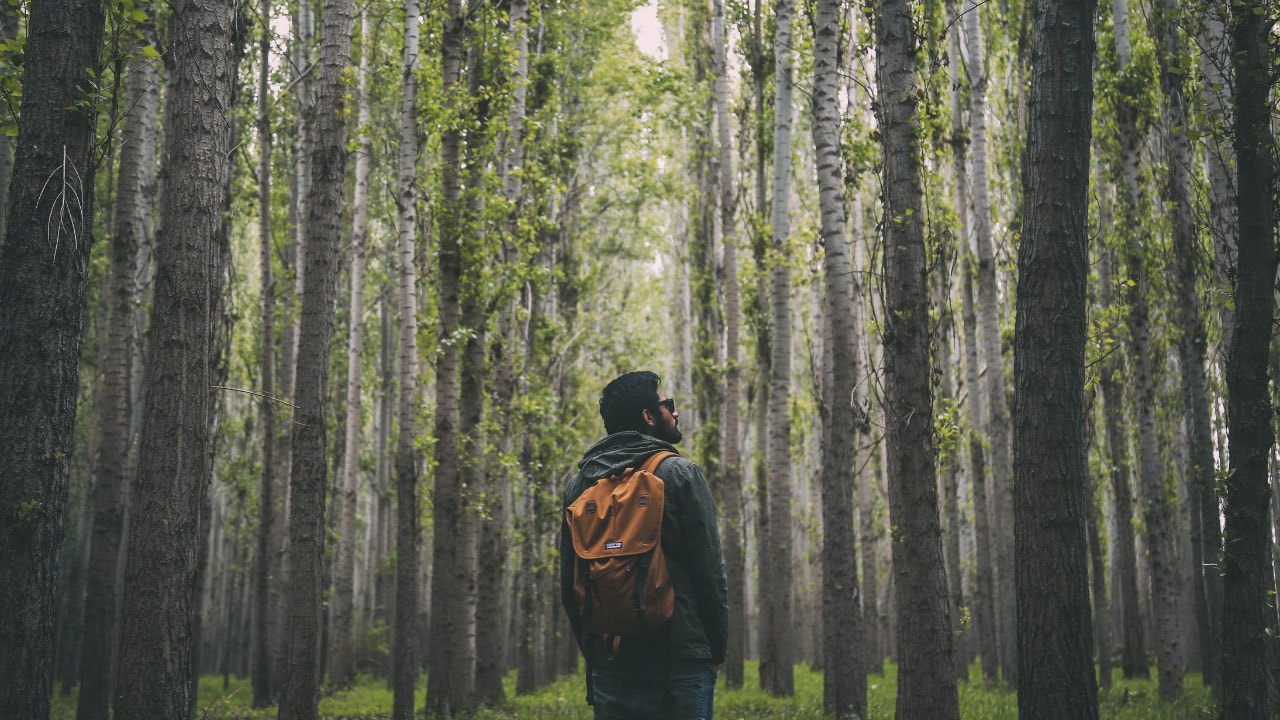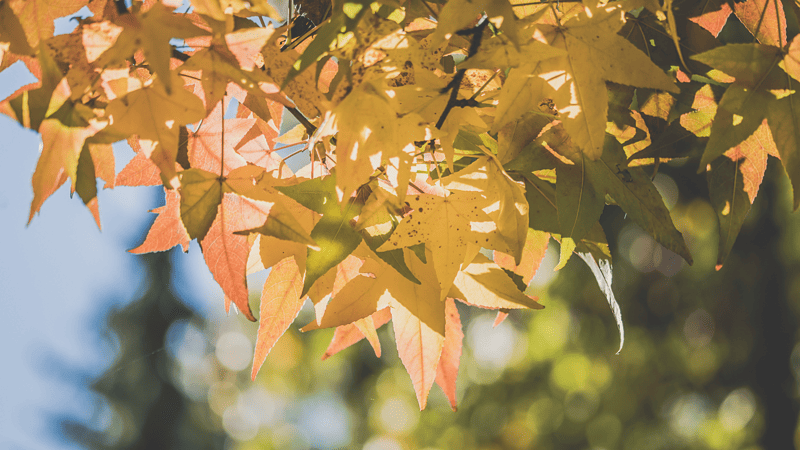
5 yogic alternatives to new year resolutions
Let’s set some kinder, yoga-inspired intentions this year instead of the usual new year resolutions. By Sophie McCahey
Instead of setting the same old new year's resolutions that can often leave us feeling flat, perhaps this year we can set some kinder intentions.
2022 is now well underway and as we transition out of the festivities returning to our daily routines again, many of us may have found ourselves pondering the year ahead. This often includes setting new year's resolutions. We may have even already boarded that bus of self-criticism, listening to that voice telling us that we are not doing enough, we are not getting to our goals fast enough and even falling into the deadly social media comparison.
It seems modern new year’s goals are often fanning the flames of hustle culture, and we sometimes get stuck on a hamster wheel of ‘I will be happy when…’. Perhaps we have set some of the typical new year's resolutions like losing weight or sticking to a new diet or fitness regime.
These goals often share the common theme of extreme productivity and exist on the premise that we will become better once we achieve these changes. There is nothing inherently wrong with most of these intentions and setting and achieving goals can be a beautiful thing — yet they can lend themselves to a feeling that we will achieve contentment on the other side of ‘hard work’. This climate can lead to extremism and often to perceived failure and even shame.
Perhaps by setting a different type of intention this year, or ‘anti-resolution’, will help us to evade the carrot on a stick illusion as we give ourselves permission to be happy now.
Here are five gentle suggestions to use as alternatives to the typical January goals...new year’s resolutions, the yogic way:
1. Practicing Ahimsa
The first of the Yamas, Ahimsa roughly means ‘non-violence’. Although of course physical violence is never recommended, this concept goes much beyond that. Ahimsa extends to the words we use about ourselves, others and to our actions. It is about living in the kindest way we possibly can. This also means nourishing ourselves with kindness and treating ourselves in a loving way. For example, if we feel we are not doing enough and that self-criticism monster rears its head, Ahimsa teaches us to know that we deserve kindness now, regardless of our productivity levels. The best thing about Ahimsa is we can't fail! If we feel as if we haven't been as kind as possible to ourselves or others, we can of course learn, but following this path of non-violence prohibits us from becoming hard on ourselves.
2. Meditation
One of the most profound and ancient spiritual practices and best of all it is completely free! All you need is yourself. There is often confusion about what meditation is, and many people are intimidated by being in silence. This is totally normal, especially in the modern world where we are used to a lot of noise and distraction, yet meditation is an exceptionally powerful tool. It has a huge array of benefits and you don’t have to go anywhere special or wear anything fancy in order to practice.
If meditation is a new practice for you, simply just challenge yourself to sitting silently for one minute a day to begin with. Another way to ease yourself in is by using guided meditations, of which there are many on apps and YouTube for free. If this feels too much, simply just try doing household jobs or going for a walk without any headphones or distractions. In meditation, we create space for ourselves.
3. Spend more time outdoors
We don’t need to go on long hikes to feel the power of nature (although you can!). Spending more time outside can simply mean taking a longer walk home, choosing to ride your bike to work once a week as opposed to driving, a quick 10-minute stroll around the block in the morning or a family walk in the park at the weekend. It may feel more challenging if you live in an urban area but even just walking down a tree-lined street can be a beautiful thing. A challenge for next time you’re out and about could simply be to try and notice some extra features about your surroundings: the patterns in the tree bark, the shapes of the clouds in the sky, or the temperature of the air on your face. Connecting to mother nature helps us feel more grounded and rooted.
4. Gratitude
Gratitude is the antidote to the ‘I'll be happy when...’ mentality, as it reminds us of reasons to be happy now. By cultivating an attitude of gratitude, we focus on the good things in our lives which helps increase our happiness and enjoyment of life. Energetically, what we focus on expands, so if we focus on the good things in our life, then we are attracting more of those happy feelings. We can even extend this to a practice of self-love, to be grateful for who we are and focus on what we love about ourselves, supporting the idea that we are great as we are and do not need to change to be worthy. There are many ways we can practice gratitude, writing in a gratitude journal or listing a few things we are grateful for daily can be very helpful. Even taking moments of pause throughout the day to appreciate the little things, or taking a minute to give thanks before a meal.
5. Embracing the present moment
The present demands nothing of us, here we are simply existing. The human mind often likes to replay the past or worry about the future — whether that is thinking about the washing we have to do when we get home or about how much we will have progressed in our career in 10 years' time. The mind is simply doing its job and trying to keep us safe, yet we do not need most of the things it throws up. As we come to live in the present, we become receptive to enjoying life as it is right now. This is not to say we have to be perfect at doing this (see number 1!) yet it does provide a safe haven, a portal to embracing life. Some tips for making the most of the now could be setting an intention of how you would like to feel, noticing your surroundings, avoiding doing two things at once where possible (for instance, watching TV and scrolling social media at the same time). Perhaps living more in the present moment is the most profound intention we can have, as it ties together all of these concepts beautifully.







